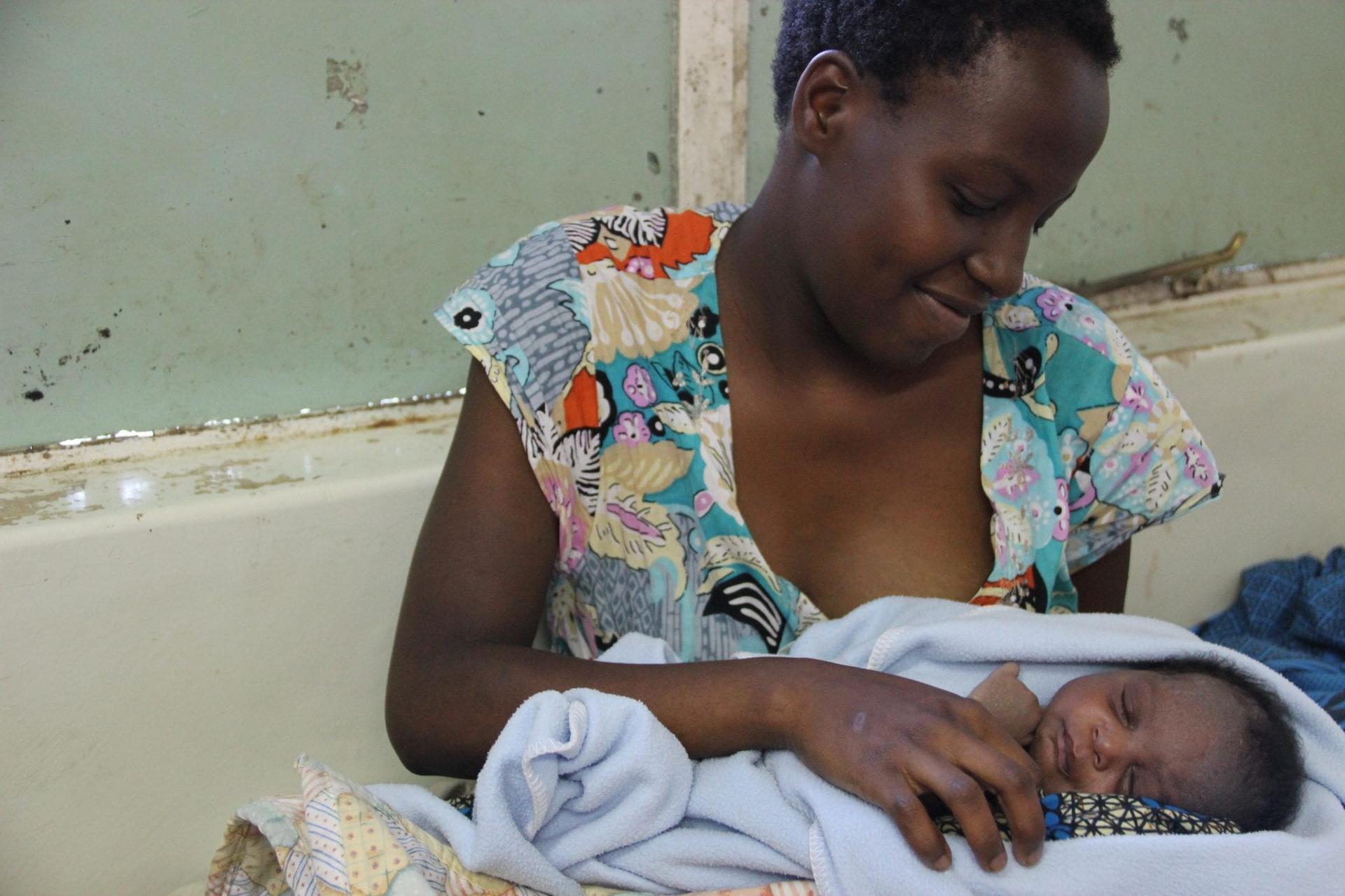Catholic and other religious leaders in Malawi are challenging the government over a proposed abortion law which they say the people of the African country do not want.
The government released the Termination of Pregnancy Bill in May, but it has yet to be passed by parliament.
Archbishop Thomas Luke Msusa, the Archbishop of Blantyre and head of the local bishops’ conference, called on the government to allow a referendum on the issue.
He was speaking at the World Congress of Families, which took place Nov. 29-30 in the capital, Lilongwe.
The theme of the event was “The African Family and Cultural Colonization.”
The meeting included the participation of the Catholic bishops’ conference, the Evangelical Association of Malawi, and the African Organization for Families, an affiliate of the U.S.-based World Congress of Families, a conservative activist organization.
Current law in Malawi only allows abortion in cases where the life of the mother is at risk. The new legislation would allow abortion in cases of rape, incest, fetal abnormalities, and cases where the physical or mental health of the mother would be jeopardized if the pregnancy continued.
“Unsafe abortion is the second leading cause of pregnancy-related mortality in Malawi accounting to 18 percent of all maternal deaths and is the leading cause of obstetric complications,” claimed Simon Sikwese, the chairperson of the Coalition for the Prevention of Unsafe Abortion, and advocate for the legislation.
Malawi’s maternal mortality rate is one of the highest in the world – 574 per 100,000 in 2014, and the country’s College of Medicine estimates there are over 140,000 abortions performed in the country each year.
“A media-heavy campaign has been waged to promote the view that there are many deaths due to illegal abortions and the only way to prevent women dying is to liberalize the abortion law,” said Joseph Meaney, the Director of International Outreach and Expansion of Human Life International.
Malawi, located in southeast Africa and landlocked, has a population of 18 million with a per capita GDP of only $330.
He told Crux Malawi has likely been targeted by foreign government funding agencies and some international NGOs to change its abortion law in part due to its extreme poverty and high birth rate.
Pro-life activists have accused the government of being disingenuous in its promotion of the legislation.
Demonstrations against changing the law took place in every major city in the country in December 2016, when news of the proposal was leaked. At the time, the government denied it was actively planning on changing the law.
Government officials have also stated the proposed legislation had the support of religious leaders, including members of the Catholic Church, which Msusa strongly denied.
“We believe that life begins at conception; sacredness and sanctity of human life; both the mother and unborn child have the right to life and that all instances of direct abortions are a violation of the rights of the unborn because it is a willful killing of innocent life,” the archbishop said.
He reminded the family conference the bishops issued a pastoral letter in 2013 which reiterated the Catholic position on abortion, homosexuality and population control.
“We note in particular that there are some worrisome trends in our democratization and emancipation that push for a worldview independent of and side-lining God, and making human beings dependent on their own intellect, determining for themselves what is right and what is wrong. We are saddened to read that religion should not regulate morals,” Msusa said.
Meaney said there were consultations by the government with religious groups, “but given the variety of positions taken by the highly fragmented Protestant churches, it is not hard to find some who are in favor of liberalizing abortion laws.”
Malawi is 69 percent Protestant (mostly Presbyterian), 18 percent Catholic and 12 percent Muslim.
Members of all three groups took part in the demonstrations against the proposed legislation last year.
“It is absolutely false that a majority of religious groups or of the population supports wider legalization of abortion,” Meaney said. “Religious opposition to abortion is the main obstacle to its legalization and therefore supporters are desperate to have even marginal religious support for the killing of preborn babies.”
Meaney said he was not sure if the archbishop’s proposal of a referendum was a good idea.
“I think it could set a dangerous precedent as many basic rights might in the future be put to the vote,” he said.
“Many Church and pro-life leaders think that fundamental rights should not be subject to referenda. On the other hand, if this is seen as the only viable way to prevent a bad law from going into effect or to repeal a violation of human rights such as legal abortion, some argue that it is permissible,” Meaney said.
He added the fact Msusa even suggested it “reflects the confidence of Catholic leaders that the people of Malawi would reject legalizing abortion while their elected officials are much more likely to be influenced into voting for it.”

















